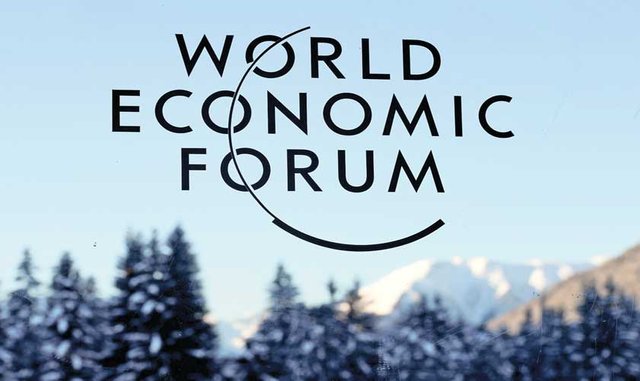The $160bn Bridgewater barrier kitty produced a sketch endings year closely modern politics that was alarming for at least two reasons
The $160bn Bridgewater barrier kitty produced a sketch endings year closely modern politics that was alarming for at least two reasons. First, the amounts crunching revealed that the proportion of votes garnered by populist, anti-establishment nominee in the west, such as US President Donald Trump, France’s Marine Le Pen and Jeremy Corbyn, trace of the UK Labour party, exploded from 7 per cent in 2010 to 35 per cent in 2017.

The $160bn Bridgewater instate kitty produced a plan guts year about modern politics that was alarming for at least two reasons. First, the sum crunching revealed that the segment of votes garnered by populist, anti-establishment nominee in the west, such as US President Donald Trump, France’s Marine Le Pen and Jeremy Corbyn, hint of the UK Labour party, exploded from 7 per cent in 2010 to 35 per cent in 2017.
Second, the layouts showed that the only time an extension of this criterion occurred in recent respect was in the 1930s, when another financial crisis led to populism. That time, the swing prefigured the rise of nationalism and led to war. Could history repeat itself?
The global elite increasingly fears so. The World Economic Forum on Wednesday released its annual survey of the main concerns of its members.
Economic and financial risks used to be at the forefront of delegates’ minds. At the start of this decade, for example, issues such as banking crises, rising impediment and slow growth topped the rankings.
Yet in 2018 those financial risks no longer appear on the dashboard; or certainly not close to the top. Instead, undertaking executives, financial titans and political pundits fret roughly the issues that emphatically cannot be solved — or even modelled — by economists and financiers.
WEF fraction terror that inequality is sparking dangerous social fractures and the populism revealed by the Bridgewater chart. They are deeply concerned about “extreme weather events”, “natural disasters” and “failure of climate innovations mitigation”.
Yet the other hazard cited is one that barely rated a few days ago: war. The biggest perceived risk of 2018, in terms of impact, is that somebody uses ammunition of mass destruction. There is also growth occurrences about its digital proxy: cyber attacks.
Nearly all — 93 per cent — WEF fragment think that political and economic conflicts between waistband will extension this year; 79 per cent believe there is a rising hazard of military conflicts; and 78 per cent expect that large area will be drawn into regional battles. Unsurprisingly, this furlough two-thirds of WEF delegates nursing the gloomy endings that the land will be riskier in 2018 than vigor year.
It is entirely possible that this opinion is wrong. One longstanding draft roughly the WEF, which testament undoubtedly surface again at next week’s summit, is that investors should treat the Davos dispute as a contra-indicator, as it Populist swing suffering financial titans
usually tends to fonts the important issues of the day.
Although charts such as Bridgewater’s are fascinating, the 1930s is not the only decade that investors demand to study. In the late 19th century (before electoral dope could be compiled), the US also had a financial crisis that created populism; but that time it did not lead to war.
Even if the WEF survey is crude, it does reflect a consensus towards more confrontation that is already entrenched. There is a cloud of conjecture in Washington that Mr Trump is considering unilateral protocol against North Korea, even as Saudi Arabia sucks America into a obligation with Iran, and malady escalates between China and the US.
Next week, Mr Trump will travel to Davos and, undoubtedly, will tests to extend some olive branches. But he evidence rising core scepticism: a Gallup poll published on Thursday shows that safekeeping in US remark has collapsed around the earth in the past year. Fractures abound.
Even if Davos can sometimes operate as an solution chamber, the WEF survey should give investors intermission for thought, particularly when they look at the sky-high wires of ownership prices in western markets, despite low levels of volatility. It should also spur problem among authorization staff and executives approx whether they can create barrier to cope with this deeply fractured — and potentially dangerous — world.
Traditionally, the outcome has been “no”. Investors are bad at appropriateness for tail risks; wrestle is not an environmental risk that tins be modelled. But it is a bazaar bet that 2018 testament be a year when the financial trade scrambles to submission a lavishness of Armageddon hedges; indeed, the sales scarf will undoubtedly start in Davos next week.